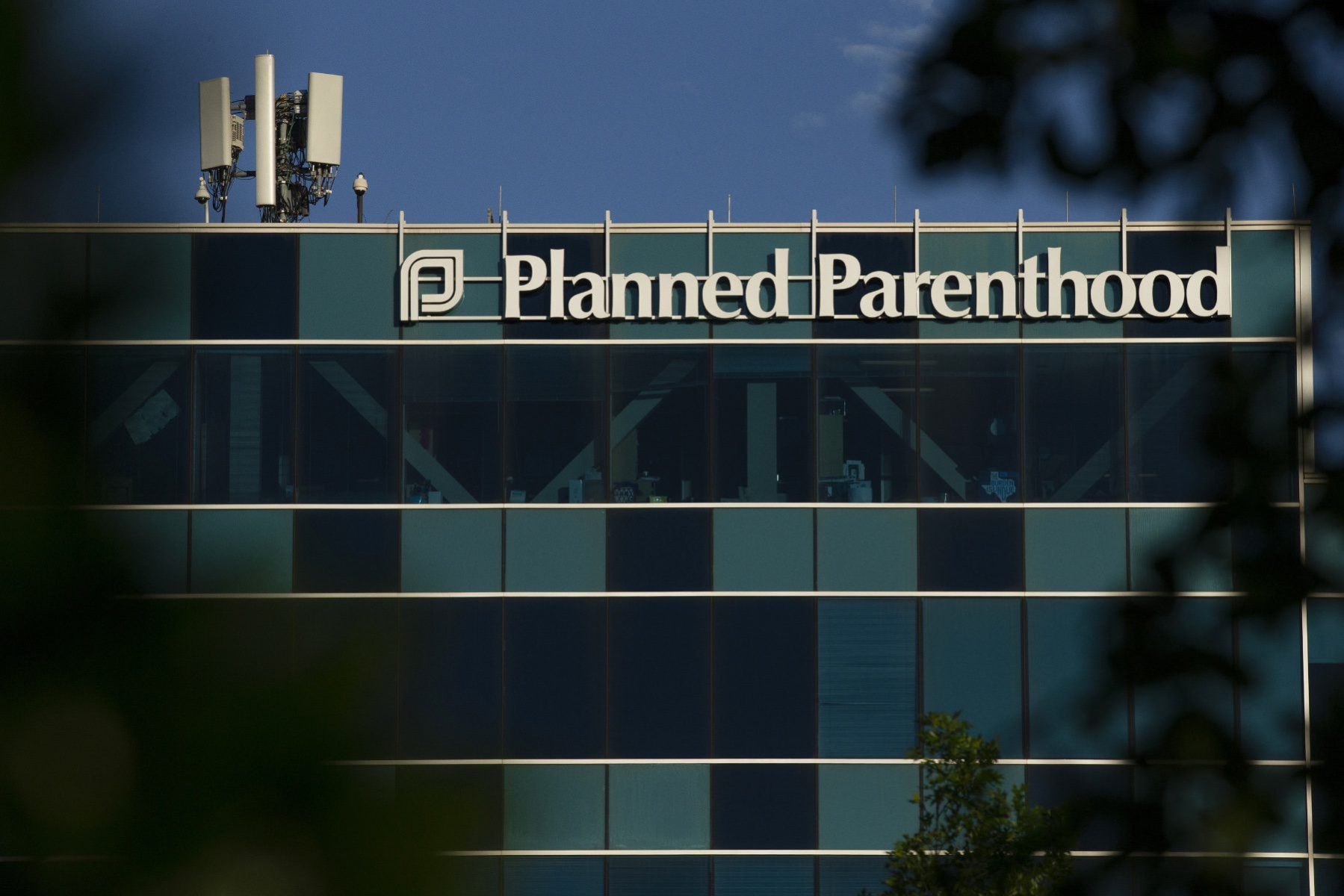Texas’ 11 abortion-providing Planned Parenthood clinics have all stopped scheduling visits related to the procedure if it would be performed after six weeks of pregnancy, an organization spokesperson told The 19th.
The move, which took effect in mid-August, is in response to Texas’ new abortion law set to take effect Wednesday. The law, known as Senate Bill 8, would ban the procedure after six weeks of pregnancy and empower private citizens to sue anyone who they believe may have helped someone get an abortion after that period.
“This law has been wreaking havoc for weeks,” said Ianthe Metzger, who heads state media campaigns for Planned Parenthood.
Whole Woman’s Health, another major abortion provider in Texas, is seeing as many patients before Wednesday as possible, said Amy Hagstrom Miller, the clinic’s CEO. Starting Wednesday, they will only schedule abortions for people who are at seven weeks of pregnancy or fewer.
Planned Parenthood, Whole Woman’s Health and other reproductive health clinics have sued to block the law, which appears to run afoul of federal abortion protections guaranteed by Roe v. Wade, the 1973 Supreme Court case. That decision held that the U.S. Constitution guaranteed the right to an abortion up until a fetus can independently live outside the womb, which typically happens around 23 weeks.
Originally, a federal court was scheduled to hear arguments on Monday over whether to block the law from taking effect. But late last Friday, the 5th Circuit Court of Appeals, one of the nation’s most conservative appeals courts, issued a stay that halted lower court proceedings.
Abortion rights activists have asked the U.S. Supreme Court to step in and either issue an injunction that would block the Texas law or undo the 5th Circuit decision. But it’s unclear if the courts would move quickly enough to allow for a decision before Wednesday.
“They could intervene if they worked really hard. College students pull all-nighters. I imagine justices can too,” said Melissa Murray, a law professor at New York University and reproductive policy expert.
Time is of the essence, she added. If the law takes effect, even temporarily, it could decimate the Texas abortion landscape,
“Once it goes into effect, that means clinics shut down, even if this law is declared later unconstitutional,” Murray said.
The Supreme Court — which has a 6-3 conservative majority — is planning to weigh in on abortion rights later this fall, in a case examining the constitutionality of a 15-week abortion ban from Mississippi. But legal experts said it’s still unclear how that case, or any subsequent ruling, would affect the Texas law.
For now, the Texas law — which would be the strictest active abortion law in the country — would functionally ban abortion for many Texans. Many people do not realize they are pregnant at six weeks. In 2018, the most recent year for which federal data is available, almost two-thirds of abortions nationally occured after six weeks.
If the law takes effect, Texans could ostensibly travel to other states for abortion care. In April 2020, both Texas and Oklahoma’s governors temporarily blocked abortions, citing the COVID-19 emergency. After that took effect, Planned Parenthood of the Rocky Mountains reported a 12-factor increase in patients seeking abortions, Metzger said.
“They’re expecting an even worse increase” if and after the law takes effect, she added.
The University of Texas at Austin’s Texas Policy Evaluation Project estimates that if the law goes into effect, over 8 in 10 Texans seeking an abortion would not be able to obtain it in the state. As many as 46 percent of Texans seeking abortion may be forced to continue pregnancies.
The organization is working with national abortion funds to raise money for patients to travel out of state if they are seeking an abortion, she added. But they expect many patients to fall through the cracks — particularly those who are unable to take time off from work, or who do not have the money or child care to travel long distances.
And it’s not clear if such work, or if even providing people with information about where else to go for an abortion, could put providers at risk of a civil lawsuit under the Texas ban.
“It’s all weird and amorphous, but I think that’s kind of the point: to sow confusion to make it so individuals might think twice before providing aid,” Murray said. “It isolates the pregnant person and leaves him or her without a real network.”
Disclosure: The Planned Parenthood Federation of America has been a corporate sponsor of The 19th.






